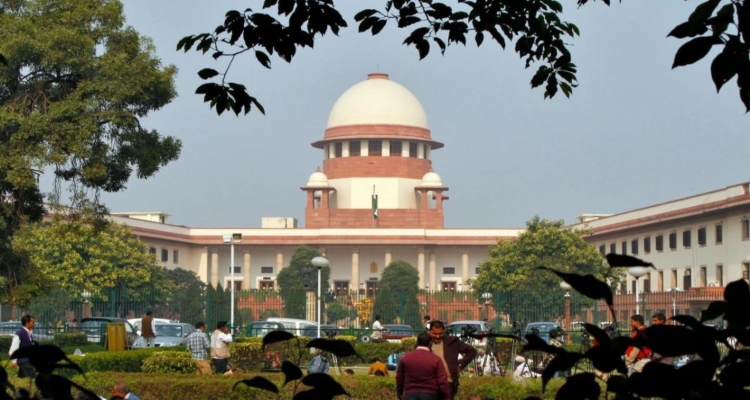
The Supreme Court on Wednesday emphasized the need for judges to exercise greater restraint and care in their oral observations during court proceedings, especially in the era of live-streaming.
This caution was issued in response to controversial remarks made by Justice Rajbir Sehrawat of the Punjab and Haryana High Court, which were expunged by the Supreme Court.
In an order dated July 17, Justice Sehrawat had criticized the Supreme Court’s involvement in contempt proceedings pending before a High Court, questioning the top court’s authority and expressing dissatisfaction with its decision to stay a High Court order. The Supreme Court took suo motu cognizance of Justice Sehrawat’s remarks and the widely circulated video of his oral comments.
A Bench comprising Chief Justice of India (CJI) DY Chandrachud and Justices Sanjiv Khanna, BR Gavai, Surya Kant, and Hrishikesh Roy addressed the issue, noting that the impropriety of Justice Sehrawat’s order was exacerbated by his oral observations, which were deemed “random, gratuitous, and unnecessary.” The Supreme Court highlighted the importance of judicial restraint in the context of live-streaming, which aims to enhance public access to justice.
“The order dated July 17, 2024, is compounded by a video which has been circulating indicating random, gratuitous and unnecessary remarks made by the single judge during the course of the hearing. In an age where there is widespread reporting of any proceeding which takes place in the court, particularly in the context of live streaming which is intended to provide access to justice to citizens, it is all the more necessary that judges exercise restraint and responsibility in the observations which are made in court,” the Supreme Court observed.
The Supreme Court expressed its disapproval of Justice Sehrawat’s remarks, including his criticism of a High Court Division Bench’s “rubbish order” and his declaration of a related Supreme Court order as “non-est.” The Court emphasized that such comments harm the integrity of the judicial process and urged future circumspection.
While the Supreme Court considered issuing notice to Justice Sehrawat, it ultimately refrained from doing so to avoid subjecting him to a judicial inquiry at this stage. Instead, the Court expunged his controversial remarks from the July 17 order and expressed hope that similar interventions would not be necessary in the future.




